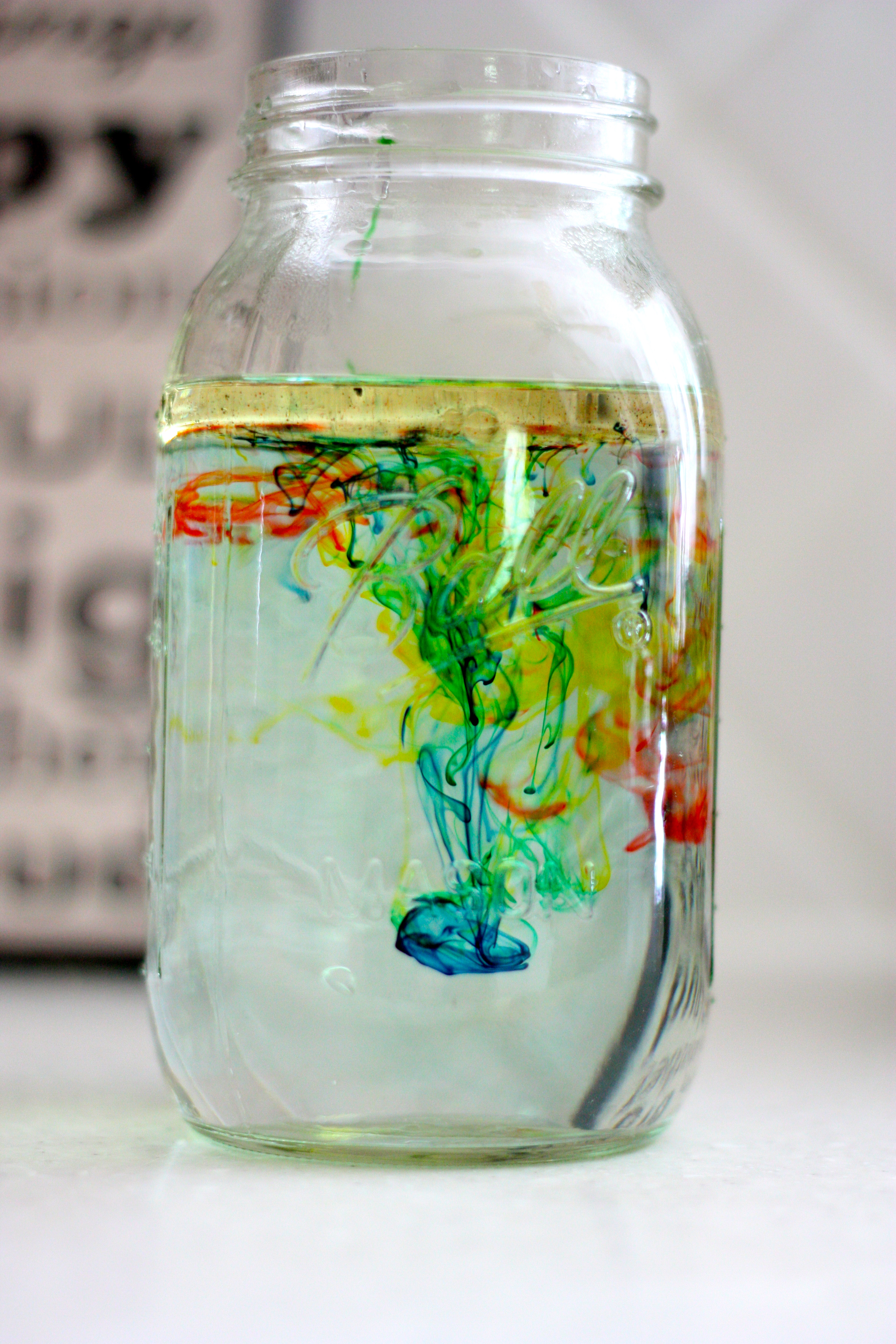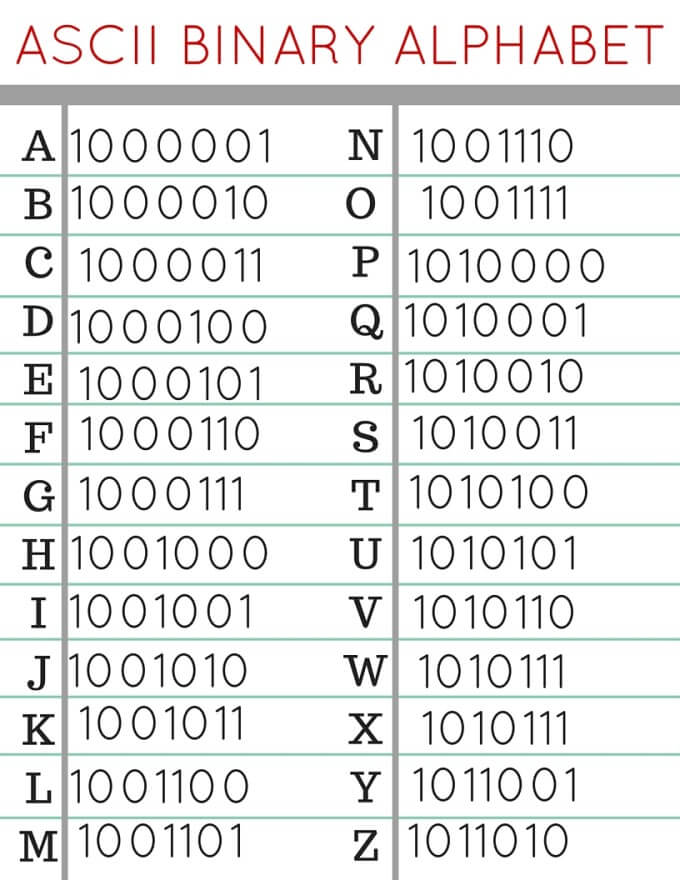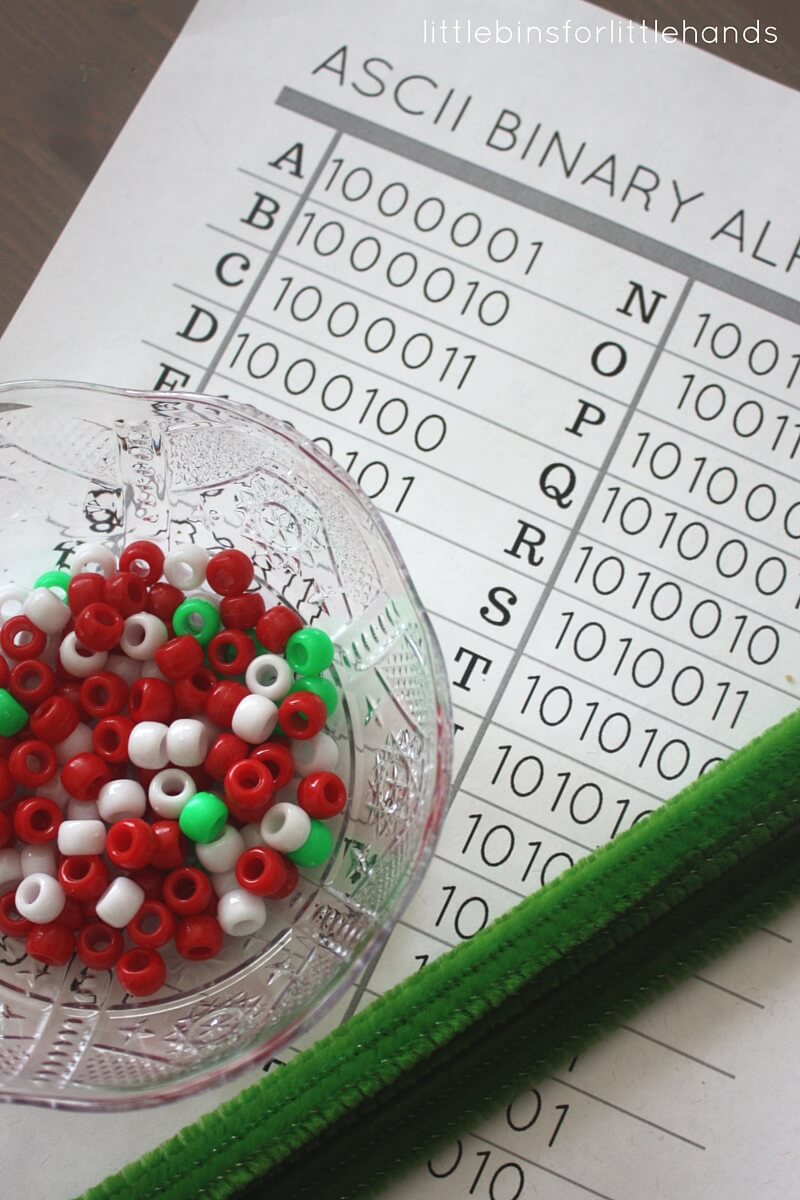Christmas and New Year are more or less the same for most Egyptians. Both are very special occasions; the first refers to celebrating the birth of Jesus, and the second refers to the New Year celebrations. The celebrations may differ from one person to another; nevertheless, both events are celebrated by most Egyptians, Muslims and Christians.
New Year celebrations in Egypt date back to about 5000 years ago. Living an agrarian lifestyle, a calendar meant the difference between a feast and famine; thus, Ancient Egyptian’s calendar corresponded to the Nile’s annual flood. Several decades later, the Gregorian calendar—the most widely used calendar in the world nowadays—adopted 1 January as a New Year’s Day since 1582 CE.
There are various ways to celebrate the New Year; however, like all major holidays and festivals in Egypt, New Year’s Eve celebrations are associated with food. They would vary from very expensive outings with luxurious dinner, to simply staying at home, and enjoying snacks while watching “Home Alone” movie. This year, why not make the celebrations more fun, and do one or more science activities with your children? Enjoy the day with wonderful, yet simple and easy, science activities for both playing and learning.
- Fireworks in a Jar
If your kids are fascinated with colors and fireworks, try this simple science experiment. Bring an empty jar and fill three-quarters of it with warm water. In an empty bowl, mix 3–4 tablespoons of oil with drops of different food coloring—use different colors such as yellow, red, green and blue and add four drops of each color. Gently pour the mix into the jar and observe the water.

The oil remains at the top, while the food coloring will sink slowly into the water. Now, watch how the colors expand and mix together in the water. Explain to your child that the food coloring dissolves in water but oil does not, because oil is less dense than water so it will float at the top. On the other hand, food coloring is heavier than oil, so the drops sink into the water.

- Coding Ornaments
The New Year is always marked with the Christmas tree and its ornaments. Explore with your kids the fundamentals of programming and design lovely ornaments.
Introduce to your kids the language of computer and its alphabets, which is based on ones and zeros. Computer hardware circuits only have two states—on or off—that can be represented in two numbers: one (on) and zero (off). Thus, when you start working on computer software, you have to use its own alphabets, which are based on eight character binary number. Computer does not read the letter A like we read it; instead it uses binary number 01000001. Each letter has it is own code of ones and zeros as follows:

For this activity you have to print out the above alphabet sheet and have a large amount of beads of three different colors. Remember to designate a color for each number; for example, white as zero, red as one, and green as space.

Select holiday themed words such as elf, snow, gift, Santa; then write each word on a piece of paper and put them in a bowl. Ask your child to pick his/her word and find the letters on the sheet. Your child will start writing the code by threading the correct sequence of beads. After your child finishes his/her word, twist the two ends of the thread together and start hanging your handmade ornaments.
Your kid has learnt the basics of programming and writing different words using computer language.

Now, you have played with your kids, and you both enjoyed unforgettable science experiments. Always remember that holidays and festivities are not always about food!
References
walklikeanegyptianblog.wordpress.com
bibalex.org/SCIplanet
britannica.com
icanteachmychild.com
kidscodecs.com
littlebinsforlittlehands.com